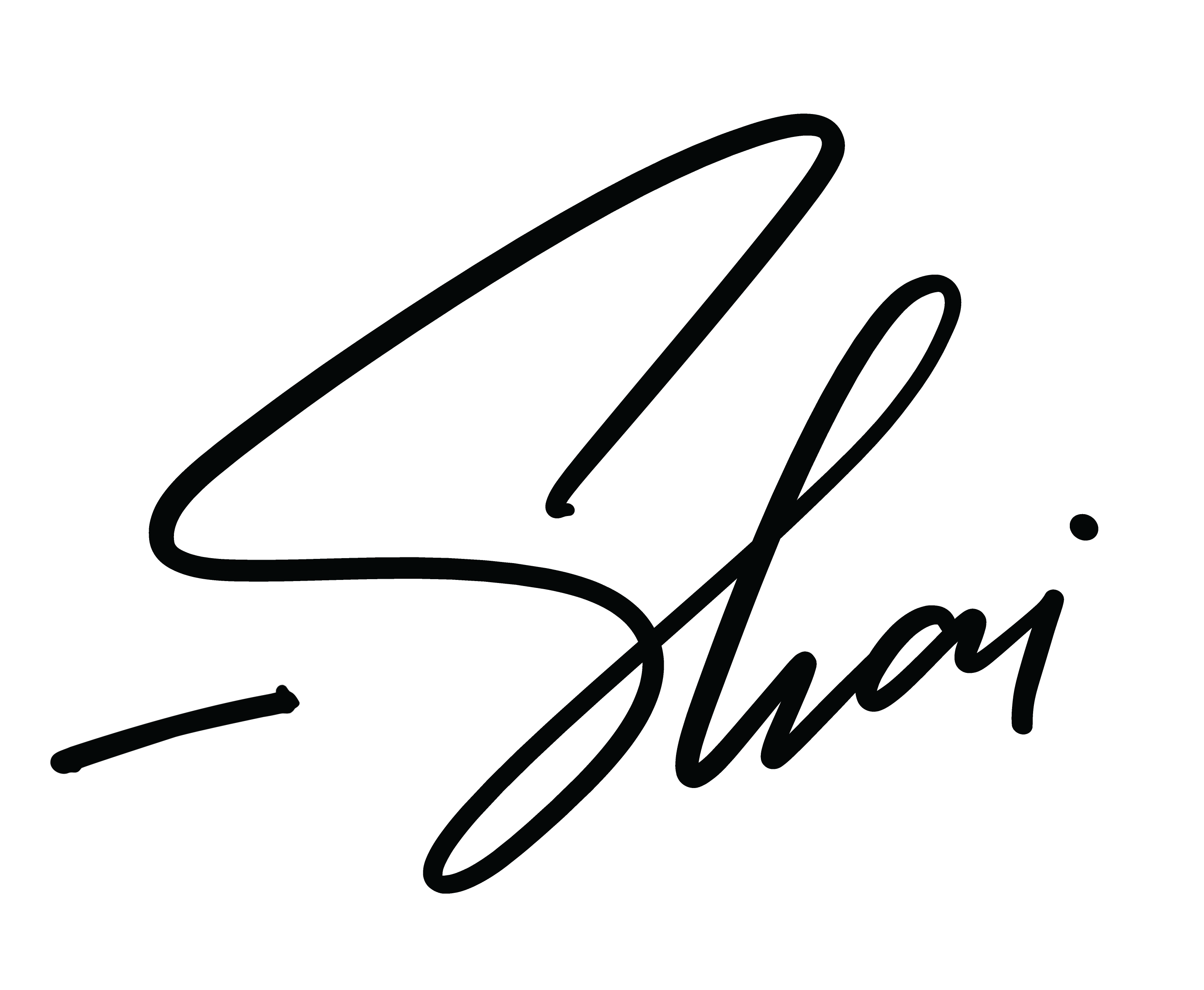Imagine a situation where people A and B are in a relationship. A is holding feelings of jealousy and upset (and maybe also anger as a secondary / covering emotion) because, let’s say, A believed B was being excessively flirty when interacting with strangers on a night out.
3 ways A can respond
1: A can ignore it, say nothing. Leads to resentment, over time leads to denying bids, leads to unhappiness / breakup
OK, adding in 1b: A can start making offhand comments toward B, being ‘off’ with B, but never really address what they found upsetting
2: A can call out why B is wrong. “You shouldn’t have done that” “you knew that was wrong” all the way to “You’re a slut” or worse
3: A can explain that they’re feeling upset and jealous and they can start a conversation delving into reasons and narratives and behaviours and intentions and triggers and so on
1 is passive. 1b is passive-aggressive. 2 is aggressive. 3 is assertive.
At its core #2 comes from a fixed expectation that B should be behaving a certain way to satisfy A (and that B should know this). To me, this is faulty thinking, typically from a place of insecurity (and possessiveness as a flawed attempt to find security).
I want relationships in my life where people for the most part have the emotional intelligence to act as in 3. Note that for #3 to work healthily B needs to play their part too: being totally accepting and compassionate toward A’s feelings of jealousy, upset, not interpreting the expression of those feelings as an attack. Everyone free to express their feelings, thoughts, wants and needs. No-one has done anything wrong: everyone’s always doing their best, and from there we can learn and compromise and grow as individuals and couples/groups.
